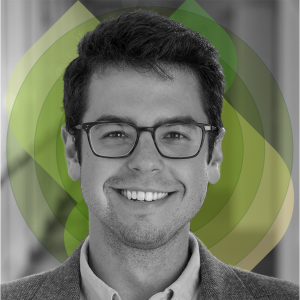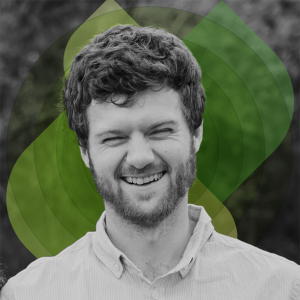Anthropocene Fellows Announced
You can read about their summer projects here.
The Anthropocene Graduate Fellows


Casey Williams, in the Graduate Program in Literature, is looking at the representability of climate change. On the one hand, he says, anxiety that the planetary dimensions of contemporary crisis exceed the capacities of human thought. On the other hand, insisting that climate change presents an unprecedented but surmountable “challenge to the imagination” also betrays an unrelenting faith in human intellection that mirrors the key Anthropocene claim that the human is master not just of local environments, but of the planet, shaping it as a geological force.

Sarah Ziegler, in Marine Science and Conservation, will develop a podcast entitled “Hello, Human,” which will focus on the multiple ways people in North Carolina engage with nature, prioritizing efforts by local indigenous authorities to Native American environmental justice. She plans to incorporate this work into her dissertation on marine protected areas (MPAs) and indigenous social movement struggles in Rapa Nui.
The Farm Fellows

Perry Sweitzer is a PhD student in Religion and Modernity at Duke University. He is particularly interested in the intersection between race, land, and being human. His current research asks how taking account of the theological, religious, and secular might offer an important vantage point from which to think these together.

Jonah Bissell, a student at Duke Divinity School, is researching the agrarian economy of Roman-Jewish Palestine in antiquity (1st Century AD), in order to read the gospels ecologically.
Supported by the Henry Luce Foundation, Facing the Anthropocene includes a multidisciplinary working group in which scholars engage in conversations surrounding the human impact on the planet. The group studies how political, legal, and economic orders have shaped landscapes and ecologies through global patterns of human habitation and use.
